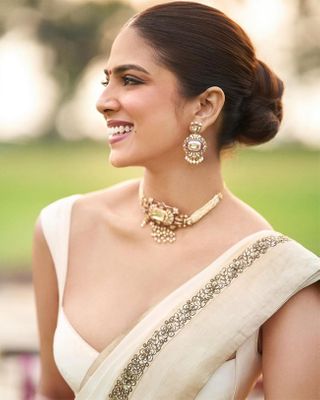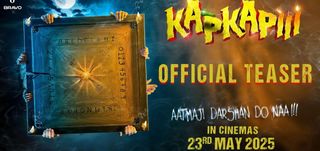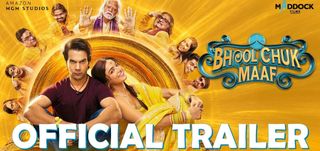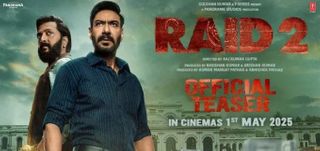Khoya Khoya Chand Movie Review
Let's get one thing straight. "Khoya Khoya Chand" (KKC) isn't an easy film to peel. Its appeal lies in the onion effect that writer-director Sudhir Mishra creates while ruthlessly denying that sentimental quality which makes movies about the past so moist and dewy.
KKC doesn't strive to beautify the Hindi film industry in the 1950s and '60s. Mishra is the maestro of the acerbic kingdom. His quirky characters forge their fate, not out of tears but blood.
The pain of wounds that never heal or squeal lingers in the way the idealistic writer from Lucknow, Zafar (Shiney Ahuja), looks around the world of creative and sexual compromise, tries to find his bearings, falters and catches himself before he slumps to the ground.
Zafar could be Guru Dutt in "Pyaasa" surreptitiously eyeing his 'fallen' beloved, Nikhat (Soha Ali Khan), who's so delicate she could shrivel at an alien touch.
When in one of the film's finest sequences Nikhat tells the pained Zafar about how she was raped by a producer at the age of 14 while mama dearest - those self-gratifying ammas of filmdom - sat in the next room listening to baby's whimpers of pain, we are not allowed the luxury of tears.
Mishra is almost fearful of overt sentimentality. Time after time in this layered and complex film, he pulls back just when we begin to wallow in the poignancy of the moment.
In this endeavour to create a world of dry-eyed pragmatism from an era that revelled in melodrama and sentimentality, Mishra and his editors - Ruchi Narain and Archit Rastogi - are one.
Though the film lumbers towards the second-half creating a world of pain that's painful to behold, there's an austerity of expression in the individual scenes, a ruthless denial of excessive drama, that's accompanied by a remarkable use of light and sound, emotion and the commotion that accompanies the process of filmmaking.
Gestures rule.
Mishra is a master of the nuances. So much so that we sometimes miss the larger picture! Take that sequence in the second half when the now ideologically challenged Zafar pleads with the impish and seductive actress Ratanbala (Soniya Jehan) to sign his first directorial venture.
As the writer and actress indulge in the seductive game of hide and seek, the director's camera shows the great big mountains echoing a sweet strain of a melody from a film being shot on the spot.
At the core, KKC is a triangle about a user-friendly actor Rajit Kapoor, as temperate as ever, a used actress (Soha) and a conscience-stricken artiste (Shiney) who wants to 'rescue' and 'redeem' the fallen woman.
Remember Dharmendra in "Satyakam" and Shah Rukh Khan in "Om Shanti Om"?
Zafar's descent and decline into compromised creativity creates a crusty crux to Mishra's luminously layered gentle-at-heart-austere-at-the-top tale of deceptive passions.
Shiney's eyes convey the betrayal of a whole generation of creative decline. He could be Devdas battling his resentment against a tyrannical father, or he could be Guru Dutt in "Pyaasa" grappling with the growing disenchantment of a post-Nehruvian generation that's rapidly relinquishing its integrity.
From Meena Kumari to Madhubala and Nargis, Soha is an enchanting amalgamation of all the actresses who have ever waltzed by on the shimmering screen. Soha has the noble vulnerability of a born aristocrat and the waif-like quality of Orphan Annie (US radio serial drama). When put into a world of compromises, she displays tremendous strength of will.
Watch Soha's controlled movements when Zafar proposes to her. Soha's incredulous delight at the sudden proposal is infectious. Some of the more sordid scenes escape her inner world.
But what the heck! Who really knows what goes on in the murky minds of artistes! Not even the artiste herself is aware of her own potential to plunge the deepest depths of darkness.
The power of the narration in KKC lies in holding back the emotions, never succumbing to the temptation of oversta
OTHER REVIEWS



















